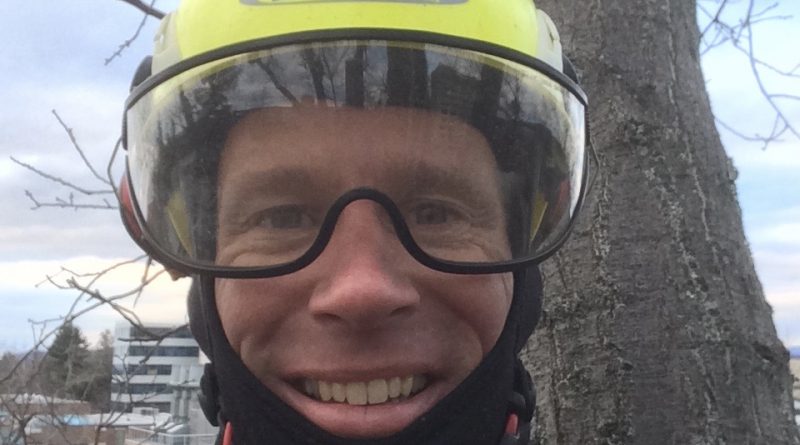Comparing the efficacy of pull tests versus expert opinion when assessing decay and likelihood of tree failure
2019 Brian Kane, PhD, University of Massachusetts – Amherst
Trees in our communities provide many benefits, but they also present a degree of risk. Tree failures can sometimes have severe consequences-fatalities or catastrophic disruption of essential services like electricity. To reduce risk, arborists assess the likelihood of tree failure. For some trees, the assessment is straightforward, but for others, arborists rely on advanced techniques. But very little research has explored how accurate the advanced techniques are, and whether they provide better information than less costly and time-consuming techniques. This is important because most consumers and communities cannot afford to conduct advanced assessments on trees. Working with faculty at UMass (Nick Brazee, Meg MacLean) and Mendel University in Brno, Czech Republic (Ludek Praus), as well as consulting arborists, I will compare risk assessments using simple and advanced techniques. Our goal is to determine whether advanced techniques provide different assessments than simple techniques. If the answer is yes, we’d also like to know whether the difference depends on the assessed likelihood of failure: Is the advanced assessment better if trees have a low likelihood of failure or a high likelihood of failure (or does it matter)?
—-
Eighteen TRAQ arborists used 5 techniques (visual inspection of tree, sounding trunk with a mallet, examining sound wood thickness around the cross-section based on resistance drilling, examining tomograms of the trunk cross-section, and consulting with another arborist) to assess the likelihood of stem failure due to decay in a sample of 30 trees. The total number of assessments was 2,292. For all arborists and trees, the most common likelihood of failure rating was “improbable” when assessing likelihood of failure by visual inspection, sounding, examining sound wood thickness, and consulting with another arborist. When assessing likelihood of failure by looking at tomograms of cross-sections, the most common likelihood of failure rating was “possible”. Likelihood of failure ratings varied among arborists and trees, in some cases there was nearly consensus about the rating, but in others, there was a nearly 50/50 split between whether a tree should be rated as “improbable” or “possible”.
Likelihood of failure ratings were typically greater after assessors examined tomograms, which we suspect was due to the vivid, in-color presentation of the cross-section. In general, likelihood of failure ratings increased with the amount of decay in the cross-section shown by the tomogram or output of resistance drilling. Ratings were also influenced by how familiar assessors were with the advanced decay detection tools: Assessors who frequently used resistance drilling or tomography for risk assessments tended to assign lower likelihood of failure ratings.
Although the overall trend was that likelihood of failure ratings were only greater after assessors viewed the tomogram, the results varied among trees and assessors. This finding was similar to previous studies that revealed the subjective nature of many aspects of tree risk assessment, despite efforts to reduce subjectivity. It’s important to remember this when conducting risk assessments; some amount of subjectivity is part of the process.
Year: 2019
Grant Program: John Z. Duling Grant
Grant Title: Comparing the efficacy of pull tests versus expert opinion when assessing decay and likelihood of tree failure
Researcher: Dr. Brian Kane
General Audience/Trade Publications and Professional Presentations:
Okun, A., N. Brazee, M.J. Cunningham-Minnick, J.R. Clark, D. Burcham, and B.
Kane. Do advanced assessment techniques change assessors’ rating of likelihood
of stem failure due to decay? Submitted to Forests.
How Well Do Arborists Assess Likelihood of Stem Failure Due to Decay? New
Hampshire Arborists Association Spring Meeting, Concord, N.H. Mar. 2023 [130
attendees].
How Well Do Arborists Assess Likelihood of Stem Failure Due to Decay? New
York State Arborists Association Tree Academy, Syracuse, N.Y. Sept. 2022 [50
attendees].
How Well Do Arborists Assess Likelihood of Stem Failure Due to Decay? UMass
Community Tree Conference, online, Mar. 2022 [175 attendees].
For more information on this project, contact the researcher via TREE Fund at treefund@treefund.org.

